University Press of America, Inc.
University Press of America, Inc.
ISBN: 978-0-7618-5796-9 (clothbound : alk. paper)
ISBN: 978-0-7618-5797-6 (paperback : alk. paper)
Preface
This work is the result of years of research into questions about power relations, dating back to my PhD thesis entitled Re-Cognising Power: A Discourse Analysis of Power Relations (2001) upon which this book is based. In the years since completing my thesis, I have been convinced of the ongoing relevance of the research and the importance of presenting my point that the most innovative aspects of Foucaults work have not been applied to conflict and extremism. This is because the dominant view of Foucaults approach is so often confined to the notion that power is possessed by exclusive specialists who form a network of relationships of surveillance upon individuals. The way that Foucaults work on power is taught is often based on this reductionist definition. Representing this scholarly framework is a recent textbook, Politics and Power , from the Skills-based Sociology series, published by Palgrave Macmillan in 2010. In this text for sociology students, Foucaults work on power is summarised in two sentences. In its entirety, that summary states:
Foucaultoften referred to as a post-structuralist argues that surveillance is exercised upon us by specialists who claim expertise over a particular field of society. Things are not powerful because they are true. Instead, they are true because they are powerful.
I have included this summary point from the textbook to indicate that this lexicon still dominates. As contained within this definition of his contribution, the discussion stops with the notion of repression and control intact. I am committed to the task of addressing this reductionist vision as a narrow reading of a part of Foucaults works which should not serve as a satisfactory basis from which to represent the entirety of his approach. It is certainly not representative of his most inspiring and groundbreaking research which set him apart in the field.
The other commitment I have to the publication of this work is the development of a method of analysis that helps us to understand and analyse power relations. The case studies included in this book are an attempt to establish a way to study conflict within the past, present and futurewhere we can see power transcending traditional bounds within and between states, crossing political divides, and cutting across cyberspace into traditional realms of power. With this in mind, this book offers ways of studying the new journalism or rogue forms of espionagedepending on your viewcontained within forums like Wikileaks. I hope that my examples of discourse analysis provided in the case studies offer some of the insights required to explore these new kinds of issues and challenges.
The events outlined in this book which mostly occurred during the 1990s are also included as accounts of the momentous entry into intra-national political and power relations that domestic terror and extremism have had within recent Western history. The last chapter entitled Terrorism and the War Against It utilises the conceptual method offered in this book and applies it to a different and continuing domain of power relations and struggles. It is included as a gesture towards the flexibility of discourse analysis when one applies it from an informed position about paradoxes of power.
Developed out of my PhD is the pivotal point that power is relational. I explain how discourses claiming to challenge state power formations often endorse the rigid and repressive views of power they oppose. I explore the irony of the ways this limits conceptions of resistance and resolution. I identify beliefs about power relations which claim to seek resolution to conflict but insteadoften unwittinglyreinforce the divisive dynamics and stubborn polemics driving the conflicts and sustaining their oppositionality.
I write about this with an emphasis on mutuality and collectivity, using the inclusive we and our to indicate the investment of all and each as a linguistic term to emphasise the relational nature of power dynamics. We all have a tendency, individually and collectively, to view power only as repressive and competitive. Of course, power works in ways that are repressive, and power does work to repress. However, it works in contexts where we dont recognise all of what power is, preoccupied as we are with the theme of repression (not in the politico-historical sense but in terms of reduction, rarefaction and containment). This proves to be a problem because we often cannot see how power is productivenot specifically in the positive sense, but in terms of the ways that we generate it, and how we can make it work for and against ourselves.
This book explores and explains this process and then gives examples of how power is often produced through the voiceoften loud and virtuousof powerlessness. It presents a discourse analysis of those assumptions and arguments which can only be effective when power relations are considered in terms of their relational nature. Therefore, a consideration of interpersonal and intrapersonal psychodynamics is given where there is recognition of the manifestation of contradictions within feelings about ones own power. If we can come to consider the power dynamics of social groups to be similar to dynamics between individuals in various ways, we may be able to see more clearly the important and crucial role of mediation and other insight-oriented approaches to conflict resolution beyond the dynamics of taking sides. The case studies used in this book show that when people overlook their own power, defining it in repressive, aggressive and competitive ways, they themselves are likely to express power in those terms. They also become embroiled in a they hit me first scenarioa vicious cycle. I argue that many analyses of conflict also engage in this polemic rather than seek to overcome entrenched oppositionality and competitiveness.
This book identifies and evaluates our tendency towards extremist thinking when faced with conflict, what psychoanalysts would call our regression towards the primal certainty of thinking in black and white. We all do it. But this is not always the most productive way to overcome conflictual situations. Rather than work with a definition of power as competitive and/or aggressive, one needs to work with considered responses to power struggles. I argue that a focus on specific areas within Foucaults work can motivate a more considered awareness that power is crucially and inherently relational. I am concerned with making more explicit these aspects of his work.
Extremism and conflict are interesting points of reference for outlining the dynamic nature of power. Power is a differential dynamic that is so much more than we generally recognise. Yes, power often works to repress, but this is only a part of its nature. Power is not one type of static dynamic; it is richer, much more interesting than this, and is in need of further exploration. What I term the paradoxical nature of power is often very difficult to recognise, sustain, conceptualise and cope with, and so formulating a theory of power into a rigorous and applied form of understanding is certainly a challenge. The following is an attempt.

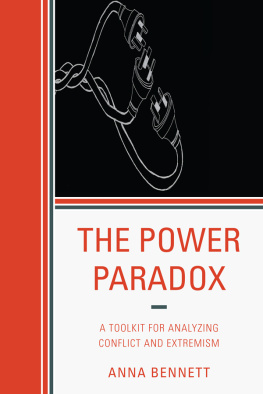

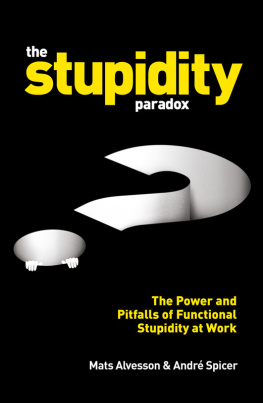
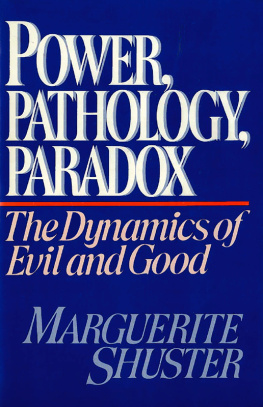
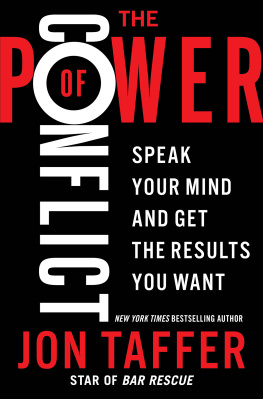
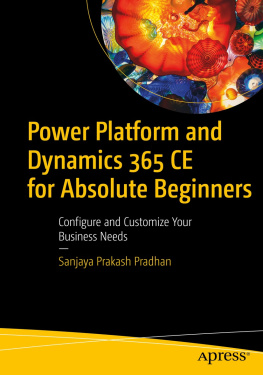
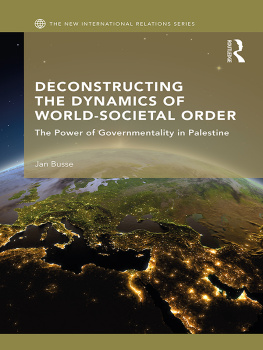
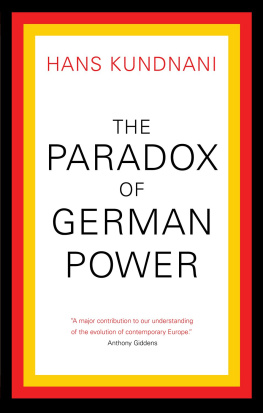
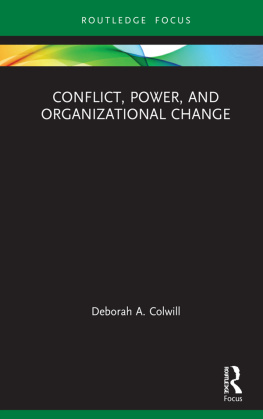
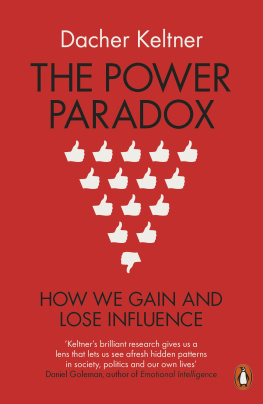

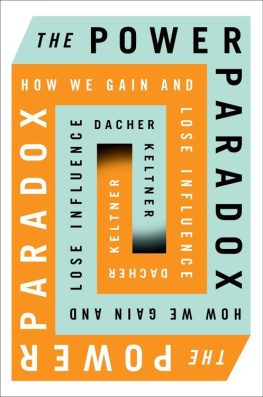
 The paper used in this publication meets the minimum
The paper used in this publication meets the minimum